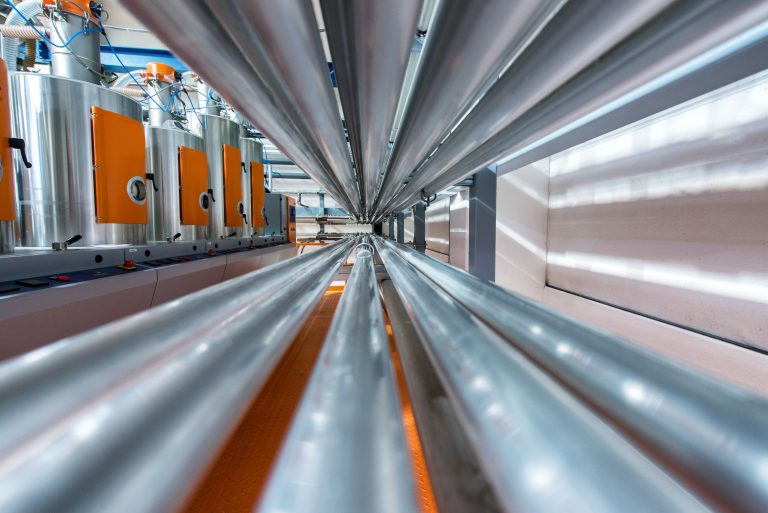Decentralised energy is a term used to describe a range of different energy generation and distribution technologies that are designed to reduce the reliance on large, centralised power stations. Decentralised energy systems can be used to generate electricity, heat or both, and can be located in a variety of different settings, including homes, businesses and communities.
There are a number of different benefits associated with decentralised energy systems, including:
* They can help to reduce the cost of energy by providing a more competitive alternative to centralised power generation.
* They can improve the reliability of the energy supply by providing a more distributed network of generation assets.
* They can help to reduce greenhouse gas emissions by providing a more sustainable way to generate energy.
* They can help to create jobs and stimulate economic growth in local communities.
The UK government has set a target of achieving 30% of electricity from decentralised energy sources by 2030. This target is being supported by a number of policy measures, including:
* The Feed-in Tariff (FiT) scheme, which provides financial incentives for individuals and businesses to install renewable energy generation systems.
* The Renewable Heat Incentive (RHI) scheme, which provides financial incentives for individuals and businesses to install heat pumps and other renewable heating technologies.
* The Smart Metering programme, which is designed to provide consumers with more information about their energy use and to enable them to take control of their energy consumption.
The UK government is also investing in a number of research and development projects to support the development of new decentralised energy technologies. These projects are aimed at improving the efficiency, reliability and cost-effectiveness of decentralised energy systems.
Decentralised energy is a key part of the UK government’s strategy to decarbonise the economy and achieve net zero emissions by 2050. By investing in decentralised energy technologies, the UK government is helping to create a more sustainable, affordable and reliable energy system for the future.
Our membership with the The Association of Decentralised Energy (ADE) is vital as it keeps us informed on the pertinent issues that effect our suppliers and consumers.
The Association of Decentralised Energy (ADE) is a non-profit organisation that promotes the development of decentralised energy in the UK. It represents a wide range of stakeholders, including businesses, local authorities, and community groups.
ADE’s mission is to create a more sustainable energy system by supporting the growth of decentralised energy technologies. It does this by providing information and support to its members, lobbying government on their behalf, and working with other organisations to raise awareness of the benefits of decentralised energy.
Being a member of ADE is important for a number of reasons. Firstly, it gives you access to a wealth of information and resources on decentralised energy. ADE produces a range of publications, including reports, guides, and case studies, which can help you to understand the benefits of decentralised energy and how to implement it in your own organisation.
Secondly, ADE provides its members with a voice at the table when it comes to policy development. ADE regularly lobbies government on behalf of its members, and it has been instrumental in shaping the UK’s decentralised energy policy.
Thirdly, ADE provides its members with opportunities to network with other stakeholders in the decentralised energy sector. This can be a valuable way to learn about new technologies and developments, and to find partners for collaboration.
If you are interested in learning more about decentralised energy, we encourage you to review their website @theade.




